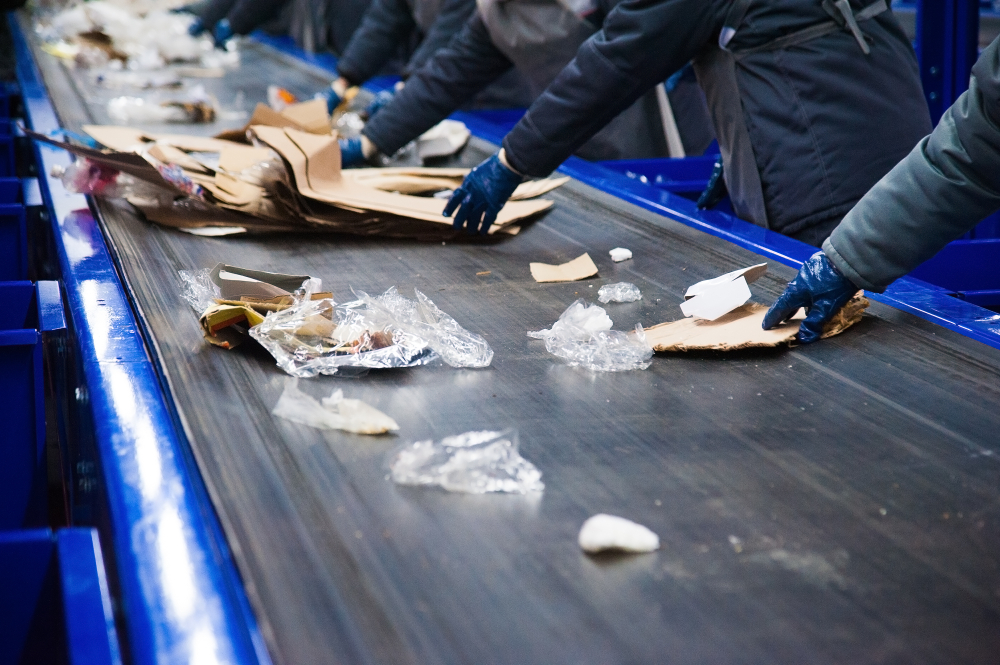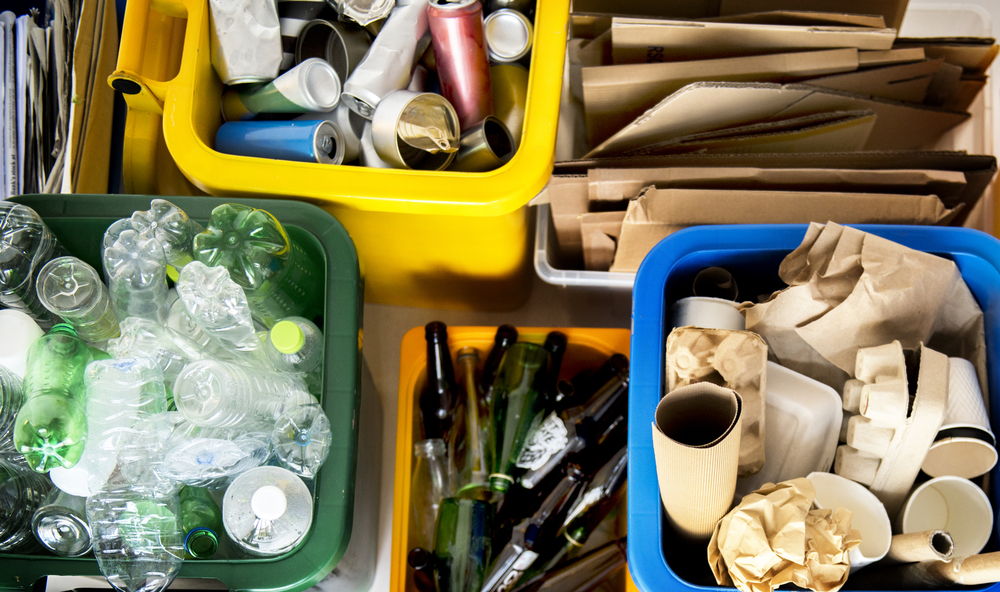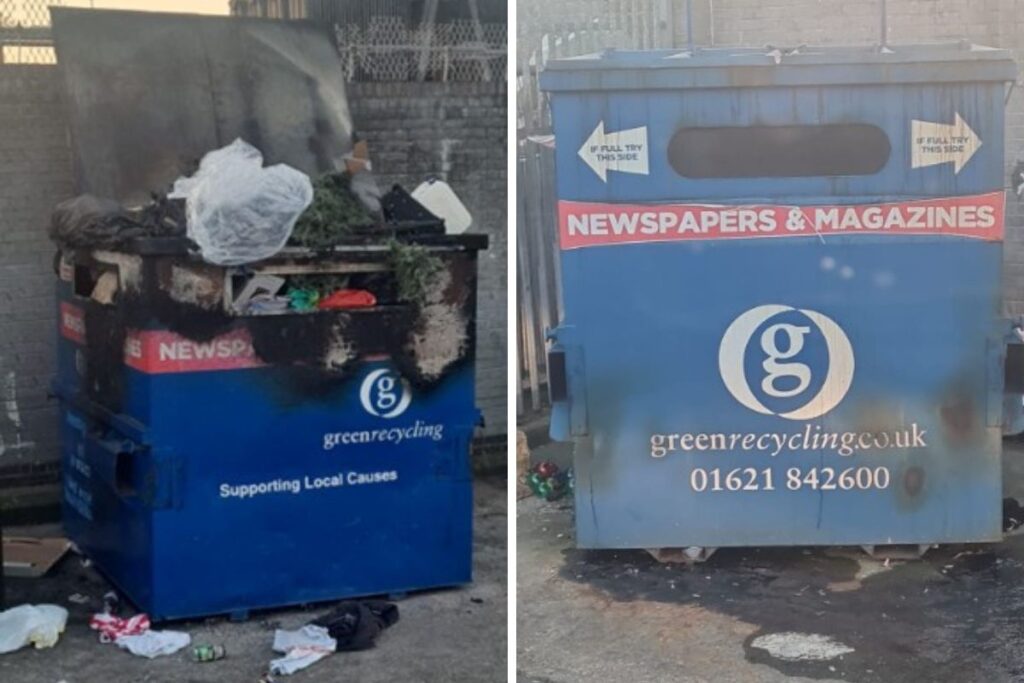And, the paper recycling and mill business suggests that exemptions under technically, environmentally and economically practicable (TEEP) regulations should no longer be available to councils as a mechanism for adopting commingled collections.
The company claims there is evidence that the higher contamination rates and “material loss” in commingled collections “drag down” the “true recycling rate” of paper and card.
John Melia, director of strategy and innovation for DS Smith’s recycling division, said: “There is a real opportunity here for the UK government and stakeholders in the recycling supply chain to work together to improve recycling in the UK both in terms of quantity and quality.”
DS Smith issued its call as part of a briefing paper on source segregation published on 15 August.
The company has long been an advocate of separate collections. In May, Mr Melia told letsrecycle.com that adopting source segregation for paper and card “halved” contamination (see letsrecycle.com story).
However, last year, the Local Authority Recycling Advisory Committee claimed there were “numerous examples” of fibre of a suitable quality being collected with one or more other materials and supplied to end markets with no issues (see letsrecycle.com story).
TEEP
Under the government’s proposals for consistent collections across England, Defra wants local authorities to collect recyclable waste streams separately from each other.

TEEP allows councils to make a case for collecting paper and card commingled with other material and DS Smith is “concerned” that exemptions will continue to apply to the revised legislation.
DS Smith believes “the UK’s existing housing infrastructure shouldn’t be a barrier to implementing source segregation”, meaning it should be ‘technically practicable’ to collect paper and card separately.
And, the environmental benefits of collecting paper and card separately “greatly outweigh” any adverse effects, DS Smith claims, “so the ‘environmentally practicable’ argument should not be applied to this waste stream.”
DS Smith also believes that ‘economic practicability’ should not be used by local authorities as an argument against the separate collection of paper and card. The company claims the proposed fees councils will receive under extended producer responsibility (EPR) for packaging would cover “a significant proportion” of the collection costs.
Commingling
DS Smith produces 840,000 tonnes of paper a year from nearly 1 million tonnes of “recovered paper or paper for recycling” at its Kemsley mill.

The company claims England’s plans to collect plastic film from households by 2028 will “create a significant and further risk of contamination in the paper and board stream”.
Should commingling of paper and card with other materials continue, DS Smith says, the material would “likely to be too heavily contaminated for use in paper mills in the UK and overseas”.
The material would also not meet European EN643 standards, which are used for exports.
As a result, DS Smith claims: “Paper and card from commingled sources would likely end up in energy recovery facilities, rather than paper mills.”
Support
DS Smith says it has the support of “the wider industry” including the Confederation of Paper Industries (CPI), the trade association representing the supply chain for paper, and The Recycling Association, the trade association for the paper recycling sector and other UK recycling companies.
Andrew Large, CPI’s director general, said: “The Confederation of Paper Industries is firmly committed to the source segregation of paper and boards in recycling collections.”
Dr Simon Ellin, the Recycling Association’s CEO, added: “Single stream collections of paper and card are an absolute must to achieve the ambitious targets set by government within a circular economy.”
Related link
‘Source Segregation: A golden opportunity for UK recycling’ briefing paper









Subscribe for free